Death
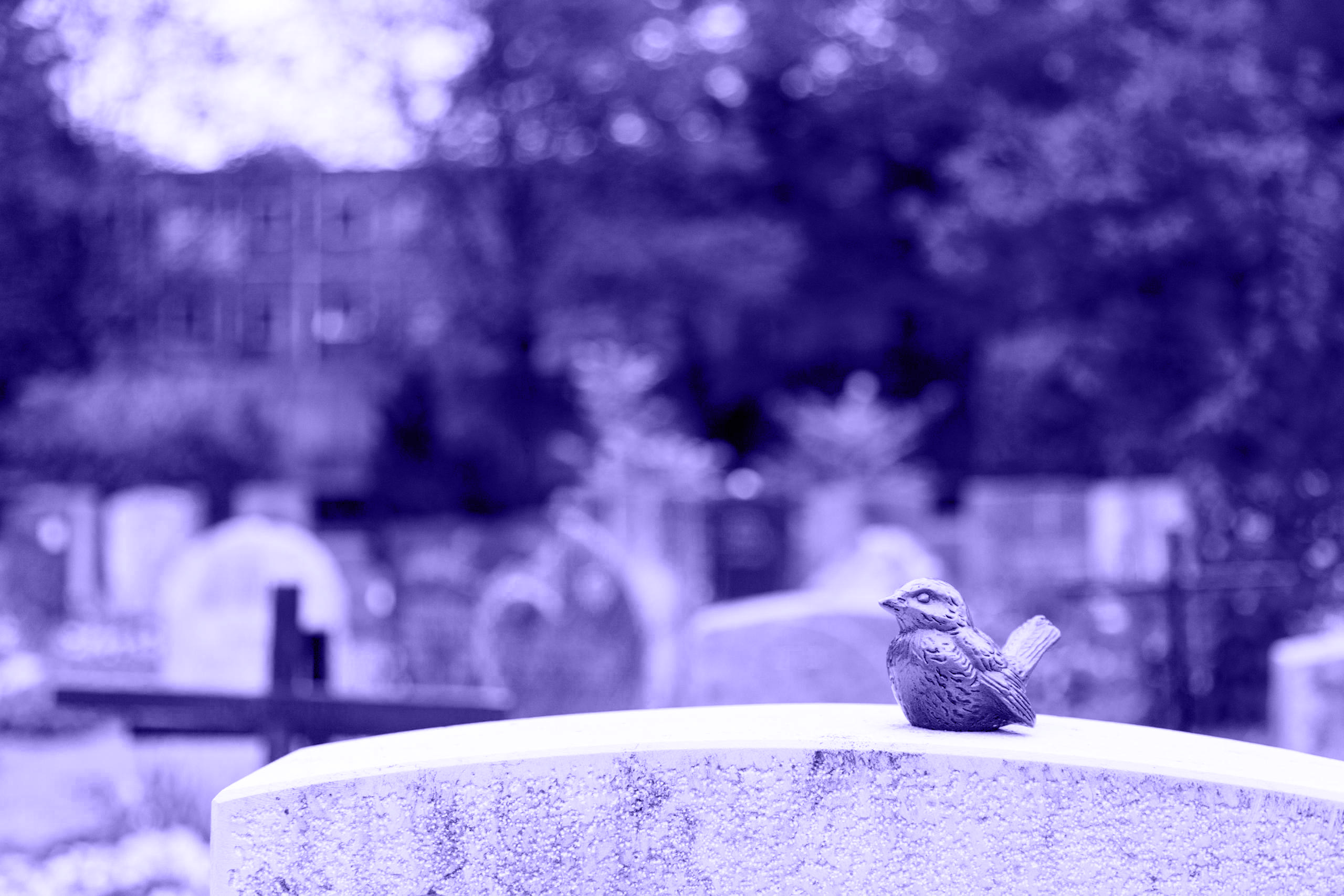
Switzerland has one of the highest life expectancies in the world. It is also one of the most progressive countries when it comes to assisted suicide.
When a person dies, this must be reported within two days to the registrar at the place of death, which will issue a death certificate. If a person dies at home, a doctor should still be called immediately to formally pronounce the death. A burial or cremation can take place only after the death has been reported.
The death of foreign nationals without residency in Switzerland and not registered with the registration office should still be reported to the registrar in the place of death as well as to the appropriate embassy or consulate.
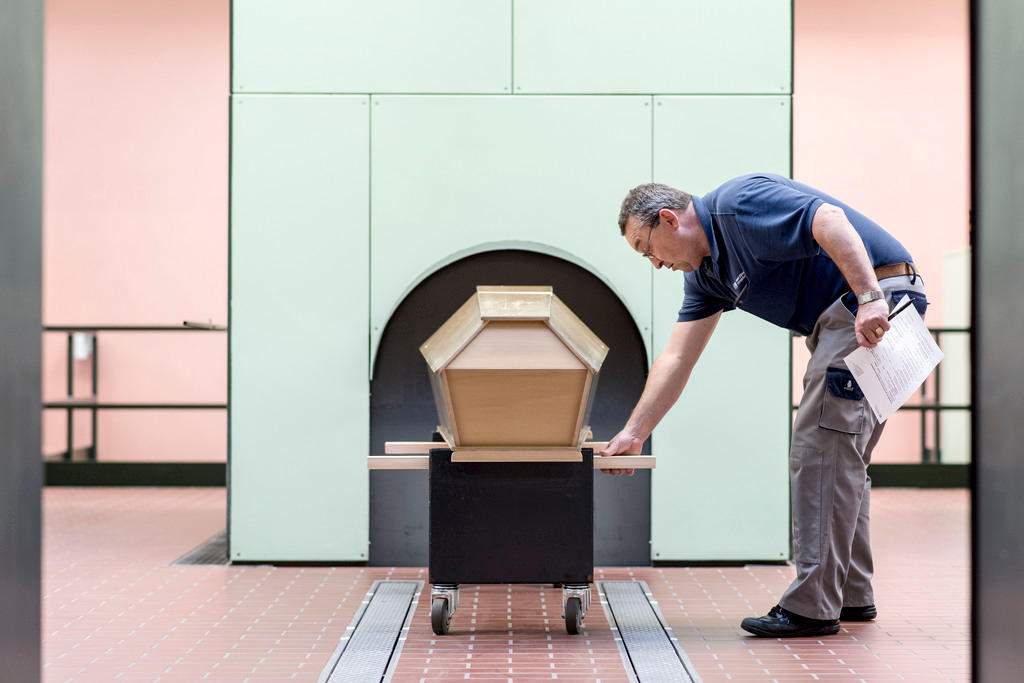
More
What happens when you die on holiday in Switzerland?
If a Swiss citizen dies abroad, a copy of the death certificate must be submitted to the Swiss embassy or consulate, so that the civil register can be amended in the deceased’s place of origin.
When a person dies, the next of kin usually contact a funeral home, which organises the burial according to the wishes of the deceased and the family and the financial means available.
The two most common choices for laying to rest are cremation and burial. In the first case, the ashes are gathered in an urn that the relatives can place in a cemetery, keep at home or scatter in a memorial garden. In the second case, the body is laid in a coffin and buried in a cemetery or family vault.
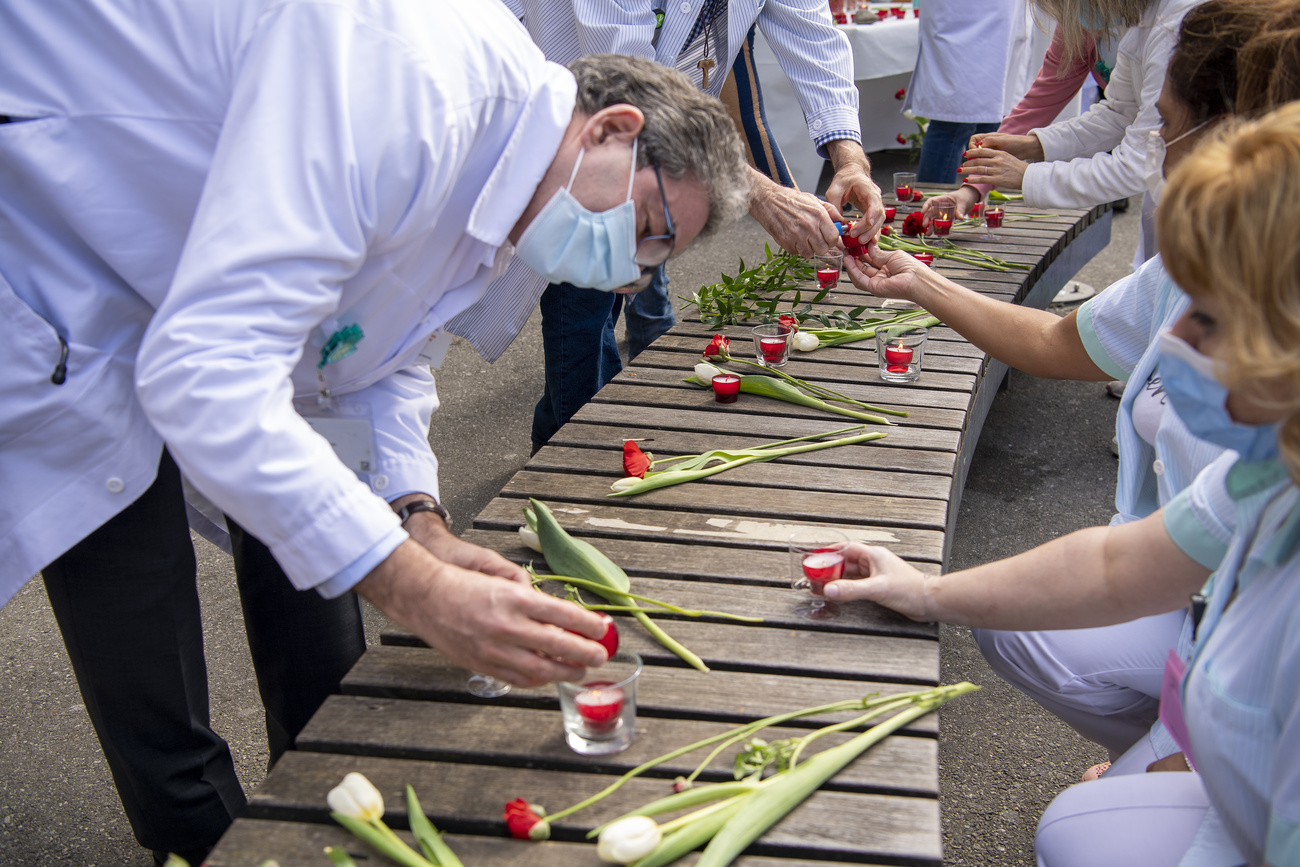
More
Covid was third most common cause of death in 2020
Life expectancy at birth in Switzerland is currently one of the highest in the world. It stands at 85 years for women and 81 years for men.
Assisted suicide
Swiss law tolerates assisted suicide for altruistic motives. Helping a person to die for self-interested reasons is punishable under the Criminal Code.
Assisted suicide must be limited to aiding the person, usually by handing them a lethal substance to swallow or to inject into themselves. Active euthanasia is prohibited.
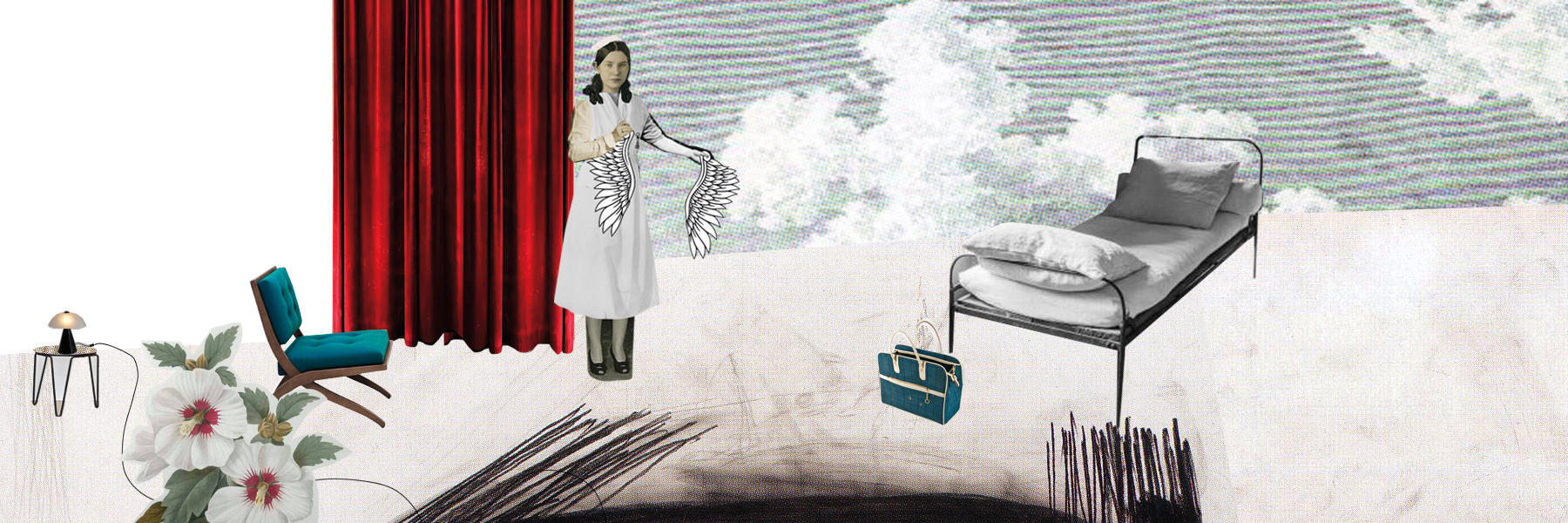
More
Why assisted suicide is ‘normal’ in Switzerland
The leading organisation for assisted suicide, Exit, supports around 1,000 people a year in taking their own lives. It provides its services only to those who have a terminal illness, incurable disease or multiple disabling age-related illnesses or are undergoing unbearable suffering – on condition that they still possess their capacity for discernment.
Foreigners can also come to Switzerland to end their lives. According to Dignitas, an assisted suicide organisation that is particularly active internationally, in 2019 over 90% of its members were not Swiss.
Survivor’s pension
The wife, husband and children of a deceased person may receive a survivor’s pension under certain conditions. The amount of the pension depends, in particular, on how many years the deceased person contributed to the old-age and survivors’ insurance scheme and the level of earned income.
Unmarried spouses are not entitled to a survivor’s pension. Those in a registered partnership only receive a pension if they have children under the age of 18.
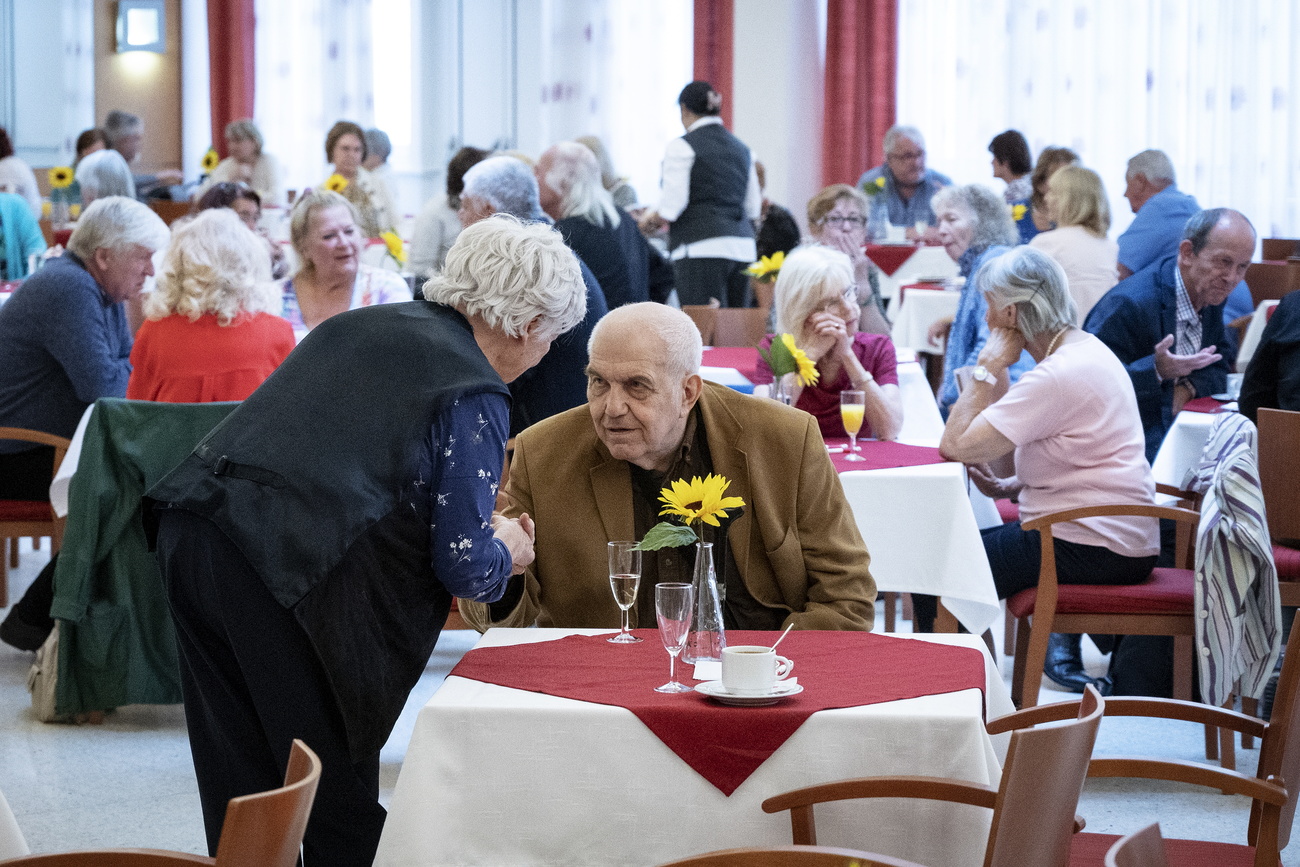
More
Switzerland discriminates against widowers, says European court
For more information on death in Switzerland see:
- What to do if someone diesExternal link
- Death statisticsExternal link
- Forms of euthanasia and the lawExternal link
- Survivor’s pensionExternal link

In compliance with the JTI standards
More: SWI swissinfo.ch certified by the Journalism Trust Initiative
You can find an overview of ongoing debates with our journalists here. Please join us!
If you want to start a conversation about a topic raised in this article or want to report factual errors, email us at english@swissinfo.ch.